Towards the Rhythmic Word- Studies in Sri Aurobindo's Theory of Poetry
Most of the works on Sri Aurobindo focus on his evolutionary metaphysics, a few on his socio-political thought. Fewer are on his poetical achievements. But rare are writings on his ideas on art, poetry, painting and sculpture. Pabitrakumar Roy has not endeavored a study of Sri Aurobindo's aesthetic philosophy in its entirety. It has been selective, focusing primarily on such issues as poetic discourse, imagination, poetry as mantra, and the value of art for spiritual life. To Roy, Sri Aurobindo's views on art and related matters cannot be studied apart from his evolutionary metaphysics and sociology of the human cycles. This has been his perspective in studying the issues in Sri Aurobindo's views on art and poetry. One must not expect to find any such fashionable stances in Sri Aurobindo as deconstruction or post-modernism. But there are significant suggestions in his writings to encounter the challenges put forward by the deconstructionist or the postmodernist sensibility. To an extent, he could be viewed as a fellow traveller of the modernist critics. His objective has always been fulfillment and transformation, not just pulling down whatever has already been achieved. look closely into Sri Aurobindo's ideas matt and poetry, the author takes up primarily a detailed study of The Foundations of Indian Culture, The Future poetry, The National Value of Art, and The Human Cycle only to find the his ideas on art and aesthetics were firmly based on his basic ontological and evolutionary thesis concerning the self-manifestation of the spins through mind ascending upwards. Art and poetry are human phenomena, and pass through cycles. In this study, Roy has endeavored to understand Sri Aurobindo’s ideas on art, language and poetry as characterised by the cycles of their appearance, and rooted in the metaphysics formulated in The Life Divine. Sri Aurobindo views that art in India has been an affair of the spirit and this he shares with other masters of the east and the west. The author's main interest has been with Sri Aurobindo's Theory of Poetry, and since poetry has to do with language, his view language appeared of significance. Roy has also taken into account the view of the imagination as the formative power of art in general. The author is particularly drawn to Sri Aurobindo's view that mind is not the creator, and therefore, his critique of mind and its operations should attract due attention. Be it poetry or the plastic arts, intuition is the king in the matter of creativity. As the unenlightened perception goes, Sri Aurobindo erects a dichotomous tension between reason and intention. The case is not that simple. Reason has its own domain and intuition another. The point is that reason is the help no doubt, but if and when it is uninformed by intuitive seeing, by transcending its set borders, there would be much to life and its aspiration and fulfillment that should remain unmastered. Reason can be discursive as well as intuitive. In the process of ascension, it is mind itself that goes on unfolding its higher, richer and greater potentials, correcting and exceeding the limits that beset its so-called objective attitude. In an evolutionary philosophy, reason cannot be the final achievement; it exceeds and transforms itself into intuition. The ascent is always integrating, i.e., uplifting and transforming of the lower into the higher. The higher is always wider, larger and more expansive. It is an adventure of consciousness, ever widening in amplitude. An adventure of consciousness is what Sri Aurobindo calls us to, both in his metaphysics, and in art and aesthetics as well. This is what will fulfill our human promise and aspiration. Art and poetry in particular, put us on the ontological ladder, and that we are never to cease in exploration is the message that these studies have intended to convey.
Get it now and save 10%
BECOME A MEMBER
-
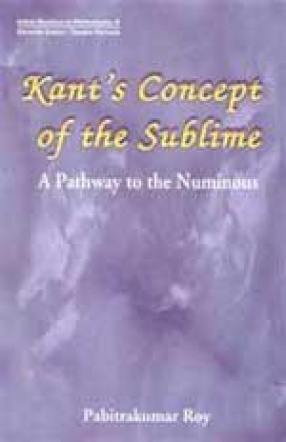
Kant's Concept of the Sublime
-
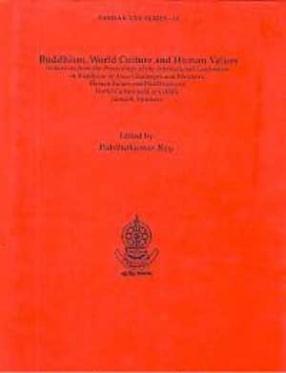
Buddhism, World Culture, and Human Values: Selections from the Proceedings of the International Conferences on Buddhism in Asia
-
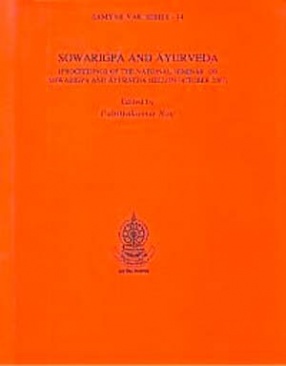
Sowarigpa and Ayurveda: Proceedings of the National Seminar on Sowarigpa and Ayurveda held in October 2007
-
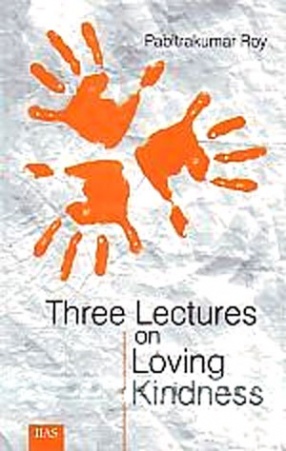
Three Lectures on Loving Kindness

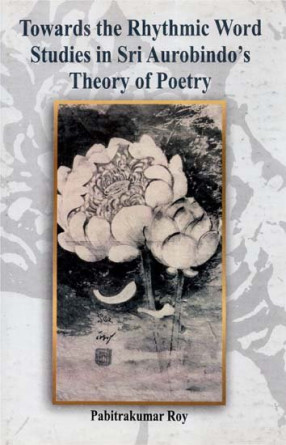


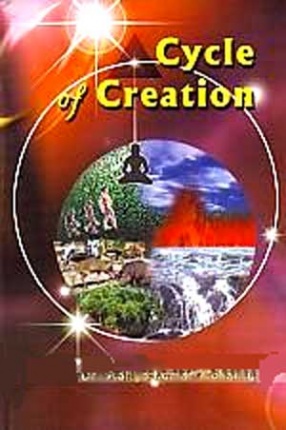
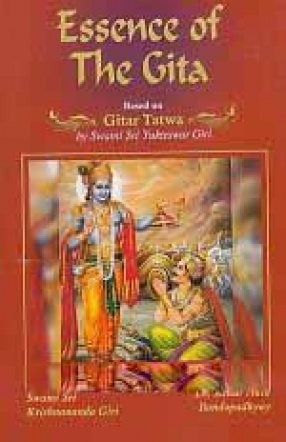

Bibliographic information